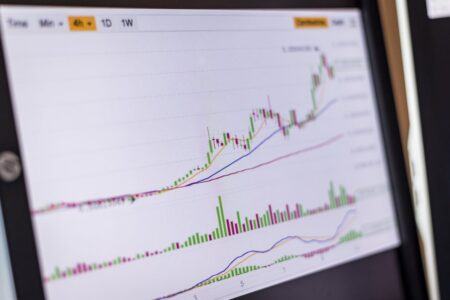In a thought-provoking piece by Hayden Field for CNBC, the evolving landscape of workplace surveillance is meticulously examined, revealing a world where artificial intelligence (AI) scrutinizes every message and digital interaction within platforms like Slack, Microsoft Teams, and Zoom. This analysis, according to Field’s article, is not confined to a dystopian future but is a present reality for employees at major corporations across the globe.
Field’s report highlights a significant shift towards AI-driven surveillance, with major U.S. employers like Walmart, Delta Air Lines, and T-Mobile, alongside European giants such as Nestle and AstraZeneca, turning to Aware, a Columbus, Ohio-based startup. Jeff Schumann, co-founder, and CEO of Aware, tells CNBC that this technology aims to “understand the risk within their communications,” offering a real-time pulse on employee sentiment far beyond what traditional surveys could capture.
According to the CNBC article, Aware’s technology delves deep into the anonymized data, allowing companies to gauge employee reactions to new policies or campaigns without flagging individual names. However, a separate eDiscovery tool can pinpoint individuals in cases of extreme threats or behaviors, as predetermined by the client. This dual approach underscores a complex balance between monitoring for compliance and preserving privacy.
Field’s article doesn’t shy away from the contentious nature of such surveillance. Critics, like Jutta Williams of Humane Intelligence, argue that this level of monitoring treats employees more like inventory than individuals, raising ethical concerns. The CNBC report also touches on the broader implications of AI in the workplace, from generative AI’s role in wealth management to the potential for AI to fundamentally alter corporate espionage and insider risk programs.
The CNBC piece by Field further explores the financial motivations driving companies towards AI surveillance. With Aware’s revenue soaring by 150% annually over the past five years, the allure for businesses is clear. Yet, this rush towards AI-driven monitoring raises questions about the future of work, employee rights, and the very structure of corporate governance.
Field’s article concludes with a forward-looking perspective on the role of AI in workplace surveillance. As companies like Aware continue to grow, and as AI becomes increasingly integrated into every facet of corporate life, the debate over privacy, surveillance, and the ethical use of technology in monitoring employee behavior is set to intensify.
Featured Image via Pixabay









